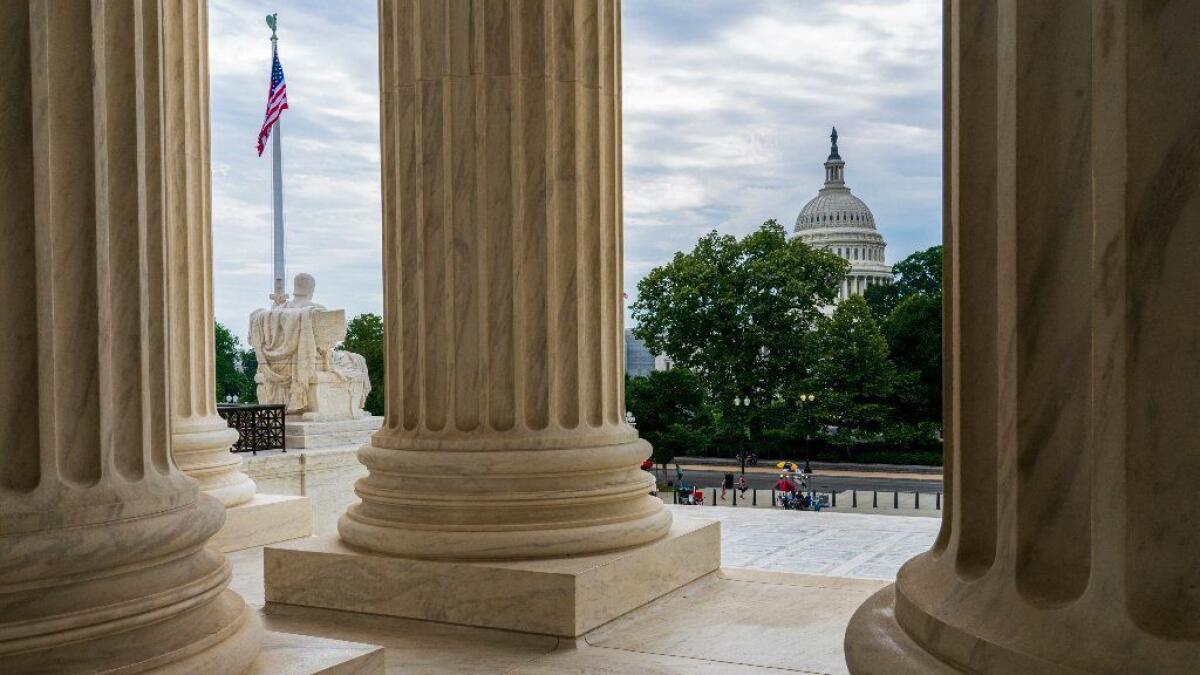
The nation’s federal debt by the end of the year will reach the highest level since shortly after World War II and is on pace to reach historic and unsustainable levels within 30 years, according to a government report released Tuesday.
The federal debt already equals 78% of the nation’s gross domestic product. It is on track to reach 92% by the end of the next decade and 144% by 2049, according to calculations compiled by the Congressional Budget Office.
Phillip L. Swagel, director of the nonpartisan agency responsible for putting together budget estimates for Congress, warned that the rising debt poses “substantial risks for the nation and presents policymakers with significant challenges.”
“High and rising federal debt increases the likelihood of a fiscal crisis because it erodes investors’ confidence in the government’s fiscal position and could result in a sharp reduction in their valuation of Treasury securities,” the report says.
Federal deficits are expected to rise as spending outpaces taxes collected by the government. The deficit as a share of GDP is slated to rise from 4.2% this year to 4.5% in the next decade, substantially more than the 2.9% rate over the last 50 years.
The report paints a slightly better picture than the estimates released last year – debt is projected to grow more slowly. That’s in part because of spending changes, such as a decrease in federal dollars to respond to natural disasters. CBO also expects long-term interest rates to decline substantially.
The CBO warns that its estimates are subject to substantial changes, including new policies from lawmakers, economic conditions and interest rates.
For instance, the estimates assume Congress will allow substantive tax hikes to go through in the future as planned. That includes the 2025 expiration of individual tax cuts passed in the 2017 GOP tax law, even though Republicans hope to make those cuts permanent. Another tax on high-cost health insurance plans, which was part of the 2010 healthcare law, has been delayed several times by Congress, until 2022.